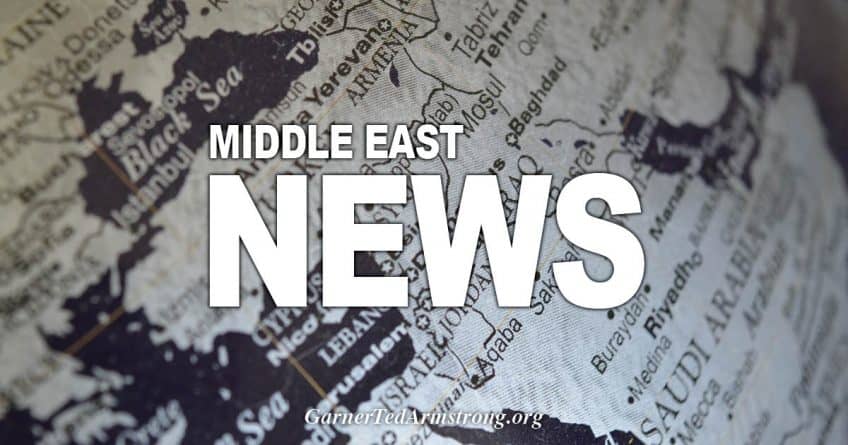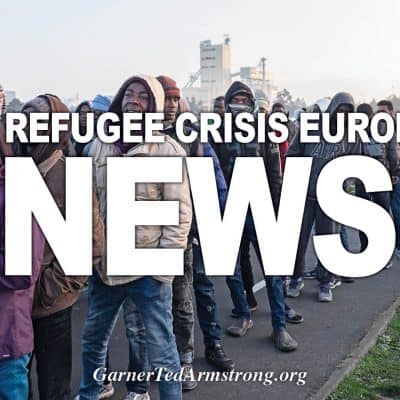“Mabruk” is a common word in Arabic used to greet good news, though in the Middle East recently this has been in scarce supply. However, President Donald Trump’s recent visit to the Middle East had many in the region feeling a sense of optimism.
Perhaps surprising given the president’s overtly hostile words on the campaign trail against Islam especially, and in the enactment of the travel ban aimed at Arabs in particular. Nevertheless, while many in the region were left unable to visit America, President Trump’s visit to the Middle East in May left many feeling positive, and especially in Saudi Arabia with his hosts very literally rolling out the red carpet. Though perhaps more surprising still, is that one country most buoyed by his first foreign trip was a country he did not actually visit—Egypt.
The reason for their optimism? The end of the perceived American abandonment of its traditional Middle Eastern allies. A change that could have not come a moment later. With Syria devastated by years of civil war, Iran forging ahead with its plan for regional dominance, and the gradual erosion of Lebanon’s sovereignty by Hezbollah, the Arab world—or more specifically the Sunni world—watched in apprehension as the ominous clouds of Iran and its proxy armies loomed on the horizon, eager to fill the vacuum caused by the seemingly imminent fall of the Islamic State.
For Egypt, and Saudi Arabia, there were early signs of encouragement. Saudi Crown Prince Mohammad Bin Salman was an early visitor to the White House, as was Egyptian President Fattah Al-Sisi. While the previous incumbent at 1600 Pennsylvania Avenue had refused to host President Sisi, Trump notably invited him to visit in his first 100 days in office.
Furthermore, having regarded President Sisi’s leadership of Egypt as illegitimate, the Obama administration noticeably cooled relations with Cairo, and did not intervene in support of former Egyptian President Hosni Mubarak, a staunch U.S. ally for three decades.
In contrast, President Trump’s desire to forge warm ties with the Sisi government was evident in the Egyptian president’s early invitation to the White House, and subsequent remarks at the press conference where President Trump warmly praised his Egyptian counterpart, calling him a “great friend and ally.”
Moreover, the seismic geostrategic shift in the region in the aftermath of the fallout between Saudi Arabia, the United Arab Emirates, Egypt and Bahrain, with Qatar—accused of funding terrorism—has not only isolated Qatar, but has again shone a spotlight on Iran’s funding of terrorism and its role as an acknowledged destabilizing force in the region.
It is no surprise that President Trump pivoted towards Egypt for assistance in understanding and navigating the crisis. In a phone call with the Egyptian leader on July 5, the U.S. president urged all parties to resolve the diplomatic crisis, while adopting demands consistent with Egyptian policy under President Sisi: ceasing the financing of terror and discrediting “extremist ideology.”
There is not enough being done to meet the late President Anwar Sadat’s call to break down the barriers between the people of Egypt and Israel, a crucial ingredient in achieving lasting peace. But make no mistake, Egypt is a strategic ally for the U.S., and a strategic ally for Israel, too. Egypt’s relationship with Israel has never been stronger at both the military and intelligence level. The Trump administration’s renewed relationship with the Egyptian leadership reflects an awareness of the role that Egypt plays in the region and its centrality to maintaining regional security.
As the sun rises on a new day for the Middle East, the international community must understand that a stable and prosperous Egypt is a stable and prosperous region. Just as the Nile was the ancient patron of plenty, today, Egypt’s well-being is the region’s well-being.
Egypt stands—as it did in the days of the pharaohs—as the gateway to Africa. It stands up to the Muslim Brotherhood’s extreme teachings and support for terror. It is bravely fighting Islamic State cells in the Sinai Peninsula. And it has taken a firm stand against Hamas, the Palestinian terror group which continues to hold the Gaza Strip and its 1.5 million inhabitants hostage.
And while for many conservatives it will seem strange, the security of Egypt is a strategic interest of the U.S. and of Israel too. The Trump administration which champions the “America First” mantra, and the strong bonds with Israel, has wisely realized a strong Egypt benefits all of us.
Ambassador Ron Prosor is the Abba Eban Chair of International Diplomacy at the Interdisciplinary Center IDC Herzliya. He is also a former Permanent Representative of Israel to the United Nations, a former Israeli Ambassador to the United Kingdom and a former Director General of the Israeli Ministry of Foreign Affairs.
Source: http://www.newsweek.com/strong-egypt-trump-knows-strong-middle-east-647746
[Disclaimer]








